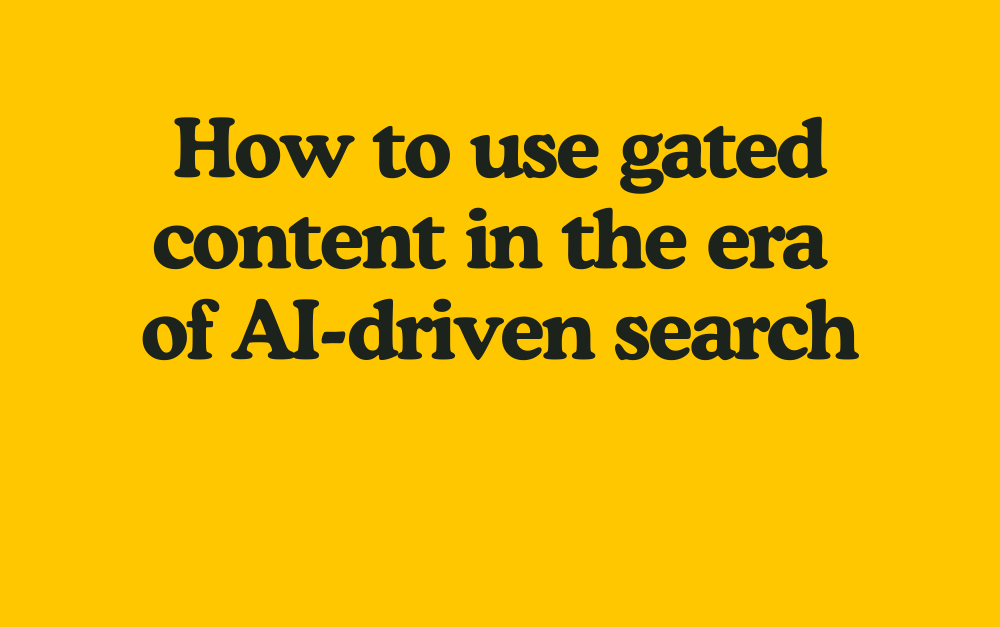3 incredible writing tips that absolutely blew my mind
I know there are a billion writing tips out there. And frankly, most are lip service at this point. “Avoid passive tense”. “Don’t use adverbs”. “Show, don’t tell”.
…Then you pick up a bestseller and find out the author is doing all of the things everyone says not to do.
What gives?
Well, most writing tips are useless unless they really give you some insights you can put into action.
The following three writing tips are more than writing tips. Why? Because they have the power to change how you think and even how you view writing.
I learned all three of these writing tips from writer Chuck Palahniuk. I’m honestly a big fan.
Why? Well, he really pushes boundaries. He never stops innovating.
So, buckle up — here we go:
1. Everything is a ‘memoir’: Fiction or nonfiction, there is nothing you can write that isn’t you. Therefore, you are never NOT working through your personal shit.
2. Dangerous writing is about finding that perfect metaphor: One that allows you to trick yourself into telling a larger truth that you’d never tell willingly. And by turning it all into a craft exercise, we get the distance we all need to address the piece as an effective story.
3. “Make the audience laugh, and at the moment of the biggest laugh, break their hearts (Tom Spanbauer): Very few readers go willingly into the ‘tragic’. By being funny up front, you can charm them. Get the reader’s guard down. Then, lower the boom.
Mic drop, right? So far, so good.
All three of those amazing thoughts were from ol’ Chucky P. But as great as writing advice can be, we also have to apply these powerful principles.
What does that really look like in real life?
The truth that no one tells you is the greatest power a writer can have is to have a very high level of awareness. You can implement this today by truly paying attention to what is going on around you. There are BILLIONS of stories taking place all around you if you just notice them.
You simply can’t break the reader’s heart at the biggest laugh if you’re not really good at paying attention. You need to notice what’s funny. How do you do that? By either listening or eavesdropping on conversations with other people and really paying attention to what is funny. Laughing at yourself is another way to do it.
Almost everything that is funny has a seed of truth to it. I’m a big fan of comedian Jim Gaffigan. Almost ALL of his jokes are about food or being a lazy dad. Shoot, his book is even titled ‘Dad Is Fat’. There is clearly pain there, but he flips it on its head and makes it really funny. He’s willing to be the butt of the majority of his jokes.
See how there is almost always pain (or at least some discomfort) there? The good news is you can turn pain into laughs. The line is actually really blurry between the two because so much of this is in how the story is delivered.
So you really need to start noticing things in your life and how you respond to them. After you notice something, some of the events will go into a story. Then you craft the story for maximum impact.
But it’s more than noticing the stories going on around you, also the stories going on inside of YOU as well. That starts with being REALLY, REALLY honest. Brutally honest.
Whatever scares you to death needs to be included in a story somewhere.
Why would you do that? Why would you share your fears? Because you’re not alone. What scares you also scares many other people. We are all full of fear — but rarely admit it. But as creators, this is our job. We must be willing to play the fool. (A brilliant concept shared by author and actor Ethan Hawke. This 10-minute video is incredible and totally worth your time.)
So let’s agree that creativity really matters. It connects us together. It unites us. Remember what Chuck said: “We’re all working through our own personal shit.”
🔎 Related: 10 websites every writer should know about
There is no doubt that creativity is a great way to promote healing. As I started working on my second novel over the past couple of months, I found it really hard to get back on track after publishing my first novel, Bite The Bullet.
I started asking questions — the easiest way to become more self-aware — and realised that I never really grieved or mourned the loss of a friend who died from alcoholism. Guess what I have to incorporate in this story? Some of that. Maybe even more of what I experienced than I’d like to share. As a bare minimum, there absolutely has to be some grieving in this story somewhere. We can try to act as things are disconnected, but everything is memoir. No matter what, I’m going to become a better person by writing this next novel…
=====
Now you’ve read this, you might also be interested in



